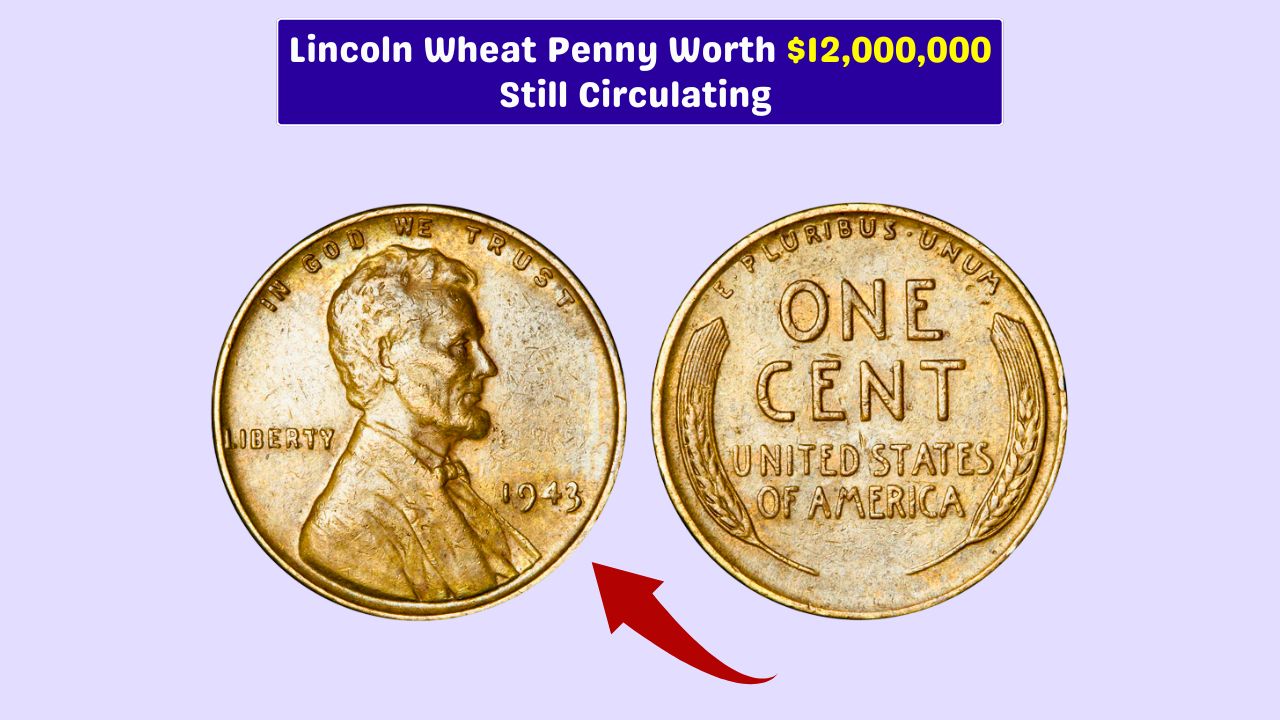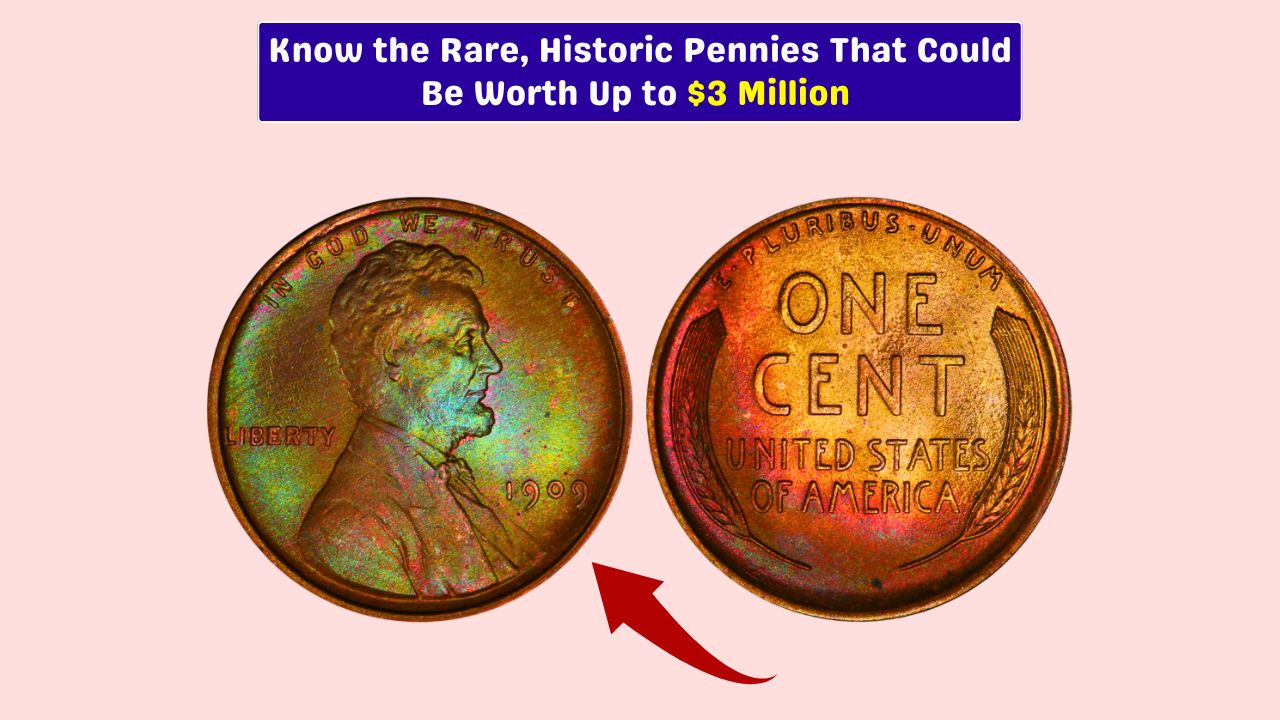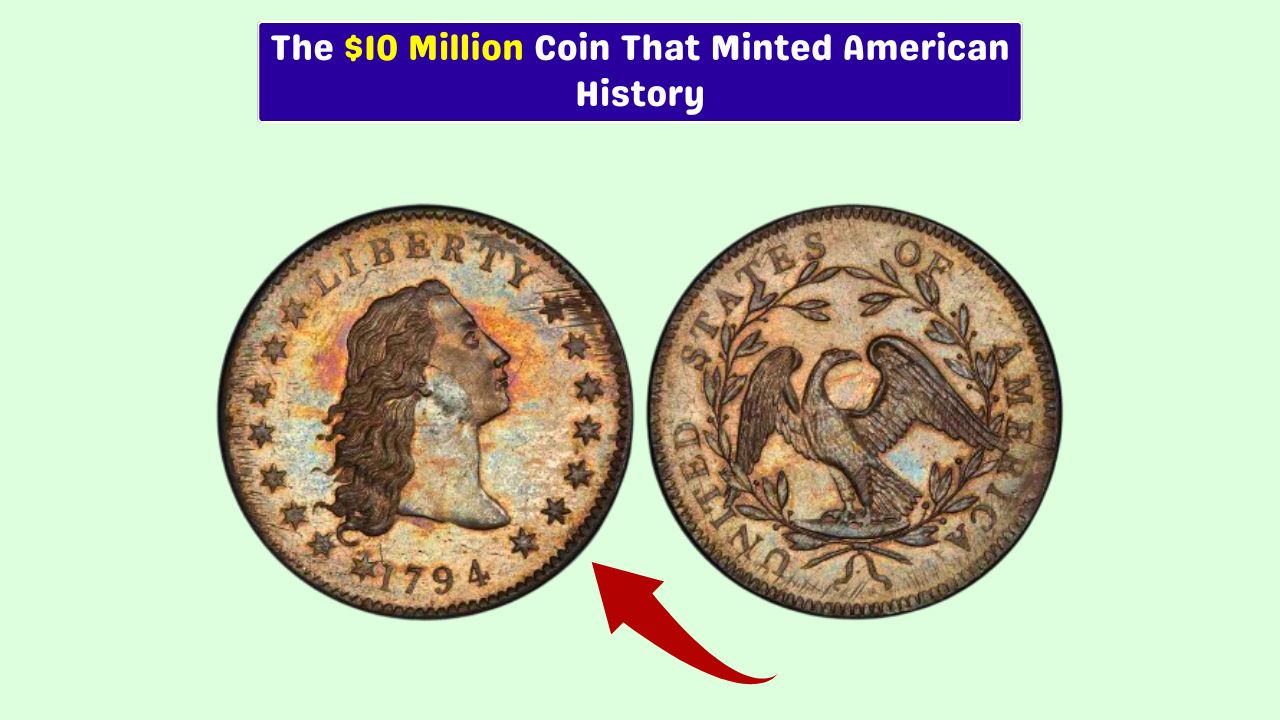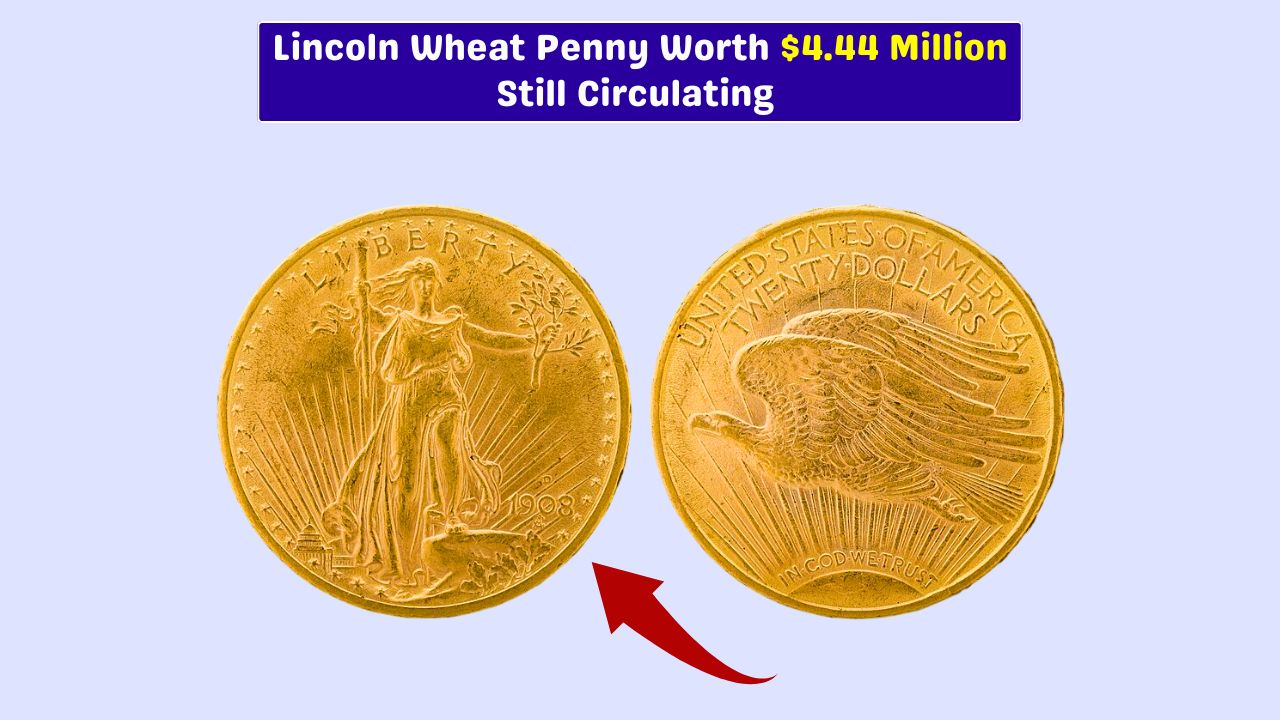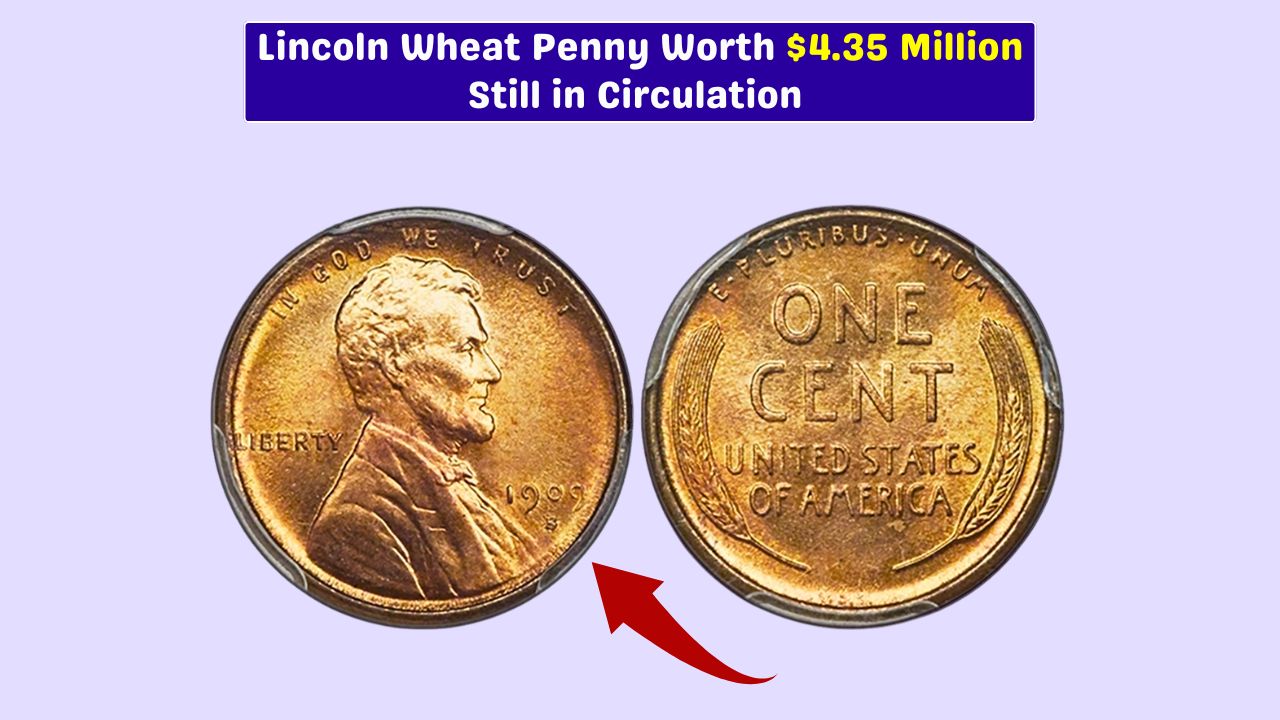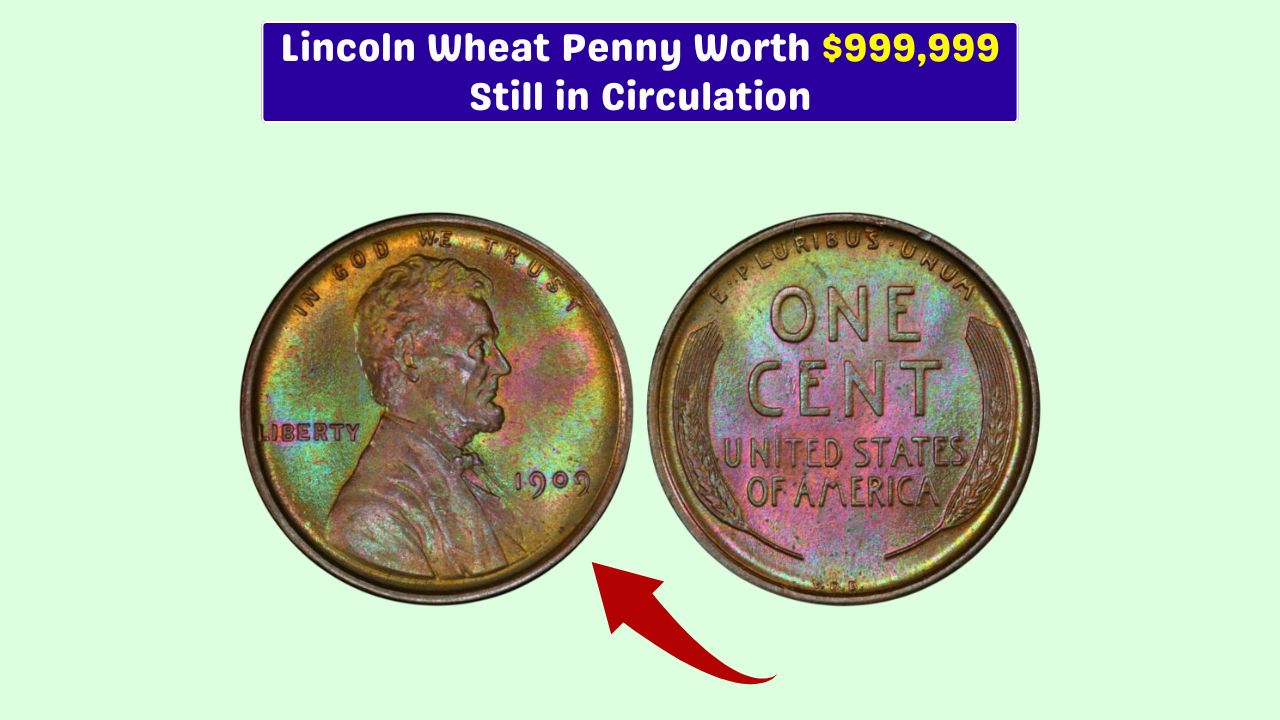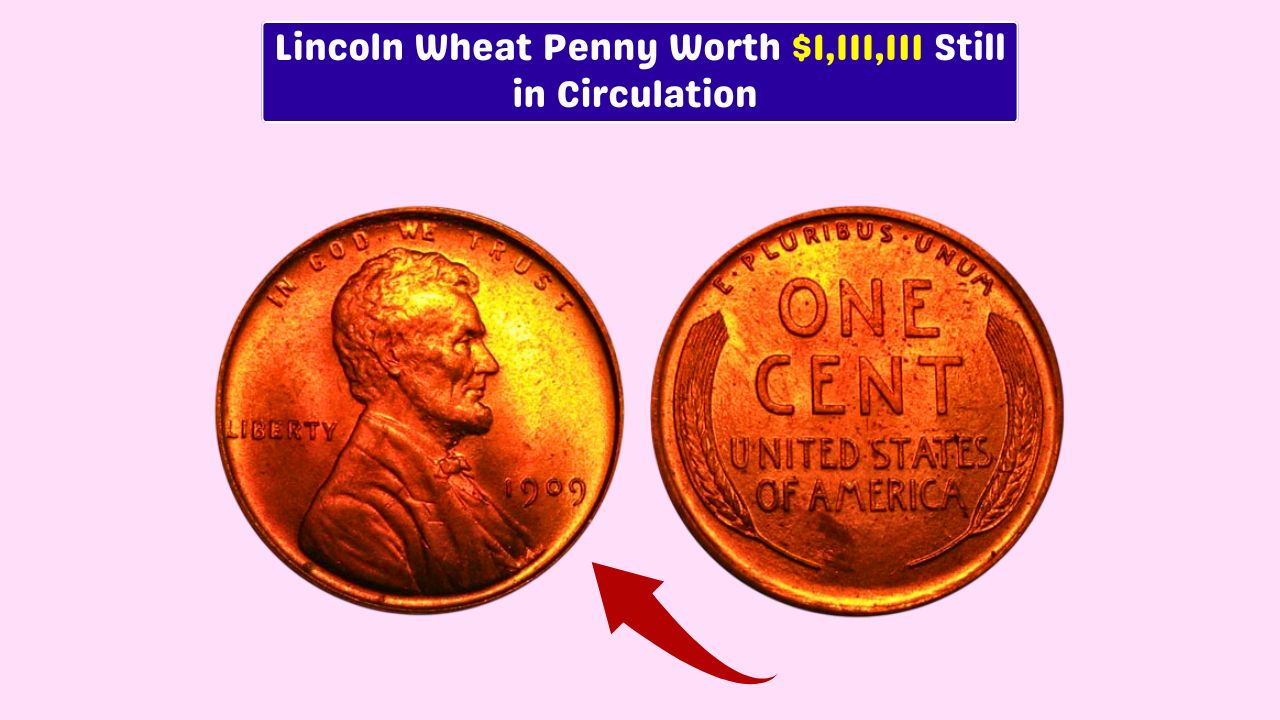Imagine holding a dusty old penny in your palm — just another forgotten coin, right? But what if that tiny, copper-colored piece was secretly worth ₹100 crore? Sounds like something out of a heist movie, but believe it or not, it’s real.
A rare Lincoln Wheat Penny was recently valued at a jaw-dropping $12 million. And here’s the wildest part: it could still be hiding in plain sight, maybe even in your own change jar.
Yep — that dull-looking coin at the back of your drawer might just be your ticket to a fortune. Let’s look into why this penny is turning heads and how to know if you’ve got one of your own.
Origins
The Lincoln Wheat Penny made its first appearance in 1909, marking the 100th birthday of President Abraham Lincoln. It was a historic release — the first U.S. coin to feature a real person rather than a symbolic figure.
On one side, you’ve got Lincoln’s familiar profile. Flip it over, and there are two simple wheat stalks arching along the edges — which is how the coin earned its nickname. These pennies were minted until 1958, and while millions were made, only a handful are truly worth a fortune.
Rarity
The crown jewel? The 1943 bronze Lincoln Wheat Penny.
During World War II, copper was urgently needed for war supplies. So in 1943, the U.S. Mint swapped the usual bronze for zinc-coated steel to conserve copper. That year’s pennies came out looking silver, not the typical brown.
But due to a few leftover bronze blanks from 1942 slipping through the cracks, a small number of 1943 pennies were minted the old way — in bronze. This tiny oversight created some of the rarest coins in U.S. history.
One of them? It just sold for an unbelievable $12 million.
Circulation
Now here’s where things get really exciting — these coins didn’t all go straight into museums or private vaults. Some were quietly released into the wild. Over the decades, they’ve been spent, stashed in coin jars, and passed from hand to hand without a second thought.
Because they look so ordinary, most people wouldn’t give them a second glance. But that’s exactly why they’re still out there — overlooked and waiting to be found.
Checklist
Think you might have one of these rare gems lying around? Here’s how to find out:
| Step | What to Look For | Why It Matters |
|---|---|---|
| 1 | Year: 1943 | Only this year in bronze is valuable |
| 2 | Color: Brownish | Bronze is brown, steel is grey or silver-ish |
| 3 | Magnet Test | Steel sticks to a magnet; bronze doesn’t |
| 4 | Get It Verified | Only an expert can confirm what it’s worth |
Even if yours isn’t the $12 million marvel, some older Wheat Pennies — like the 1909-S VDB or 1914-D — can still fetch serious cash depending on condition.
Treasure
It’s almost hard to believe that a humble penny could be worth crores — but history, chance, and a bit of minting error turned these little coins into financial giants. They’re not just pocket change anymore; they’re artifacts, conversation pieces, and collector obsessions.
So the next time you’re cleaning out an old box or counting loose change, don’t brush off the pennies. Take a moment. Look closely. Because sometimes, the tiniest coin could unlock a life-changing surprise — and maybe, just maybe, you’re already holding it.
FAQs
What makes a 1943 penny worth $12 million?
It’s made of bronze, not steel—a rare minting error.
How can I check if my 1943 penny is rare?
Try a magnet. Bronze won’t stick, but steel will.
Can I find rare coins in regular change?
Yes, some rare coins are still in circulation.
Where can I verify a rare penny?
Take it to a certified coin expert or dealer.
Are old wheat pennies always valuable?
Not always, but many from early years are worth money.
